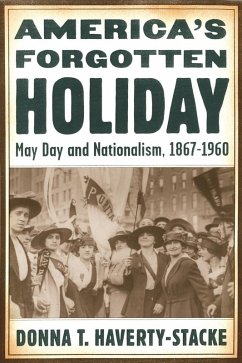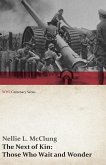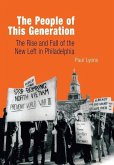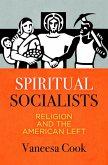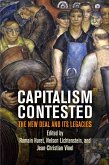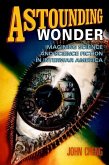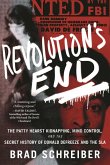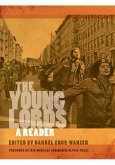Though now a largely forgotten holiday in the United States, May Day was founded here in 1886 by an energized labor movement as a part of its struggle for the eight-hour day. In ensuing years, May Day took on new meaning, and by the early 1900s had become an annual rallying point for anarchists, socialists, and communists around the world. Yet American workers and radicals also used May Day to advance alternative definitions of what it meant to be an American and what America should be as a nation.
Mining contemporary newspapers, party and union records, oral histories, photographs, and rare film footage, America's Forgotten Holiday explains how May Days celebrants, through their colorful parades and mass meetings, both contributed to the construction of their own radical American identities and publicized alternative social and political models for the nation.
This fascinating story of May Day in America reveals how many contours of American nationalism developed in dialogue with political radicals and workers, and uncovers the cultural history of those who considered themselves both patriotic and dissenting Americans.
Mining contemporary newspapers, party and union records, oral histories, photographs, and rare film footage, America's Forgotten Holiday explains how May Days celebrants, through their colorful parades and mass meetings, both contributed to the construction of their own radical American identities and publicized alternative social and political models for the nation.
This fascinating story of May Day in America reveals how many contours of American nationalism developed in dialogue with political radicals and workers, and uncovers the cultural history of those who considered themselves both patriotic and dissenting Americans.
Dieser Download kann aus rechtlichen Gründen nur mit Rechnungsadresse in A, D ausgeliefert werden.

